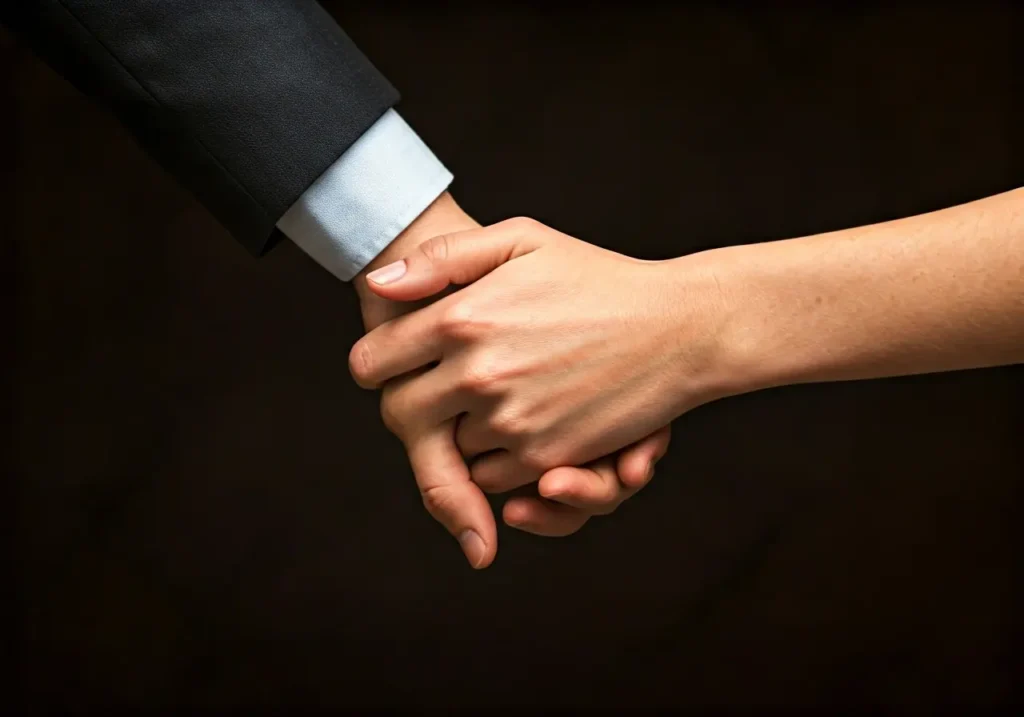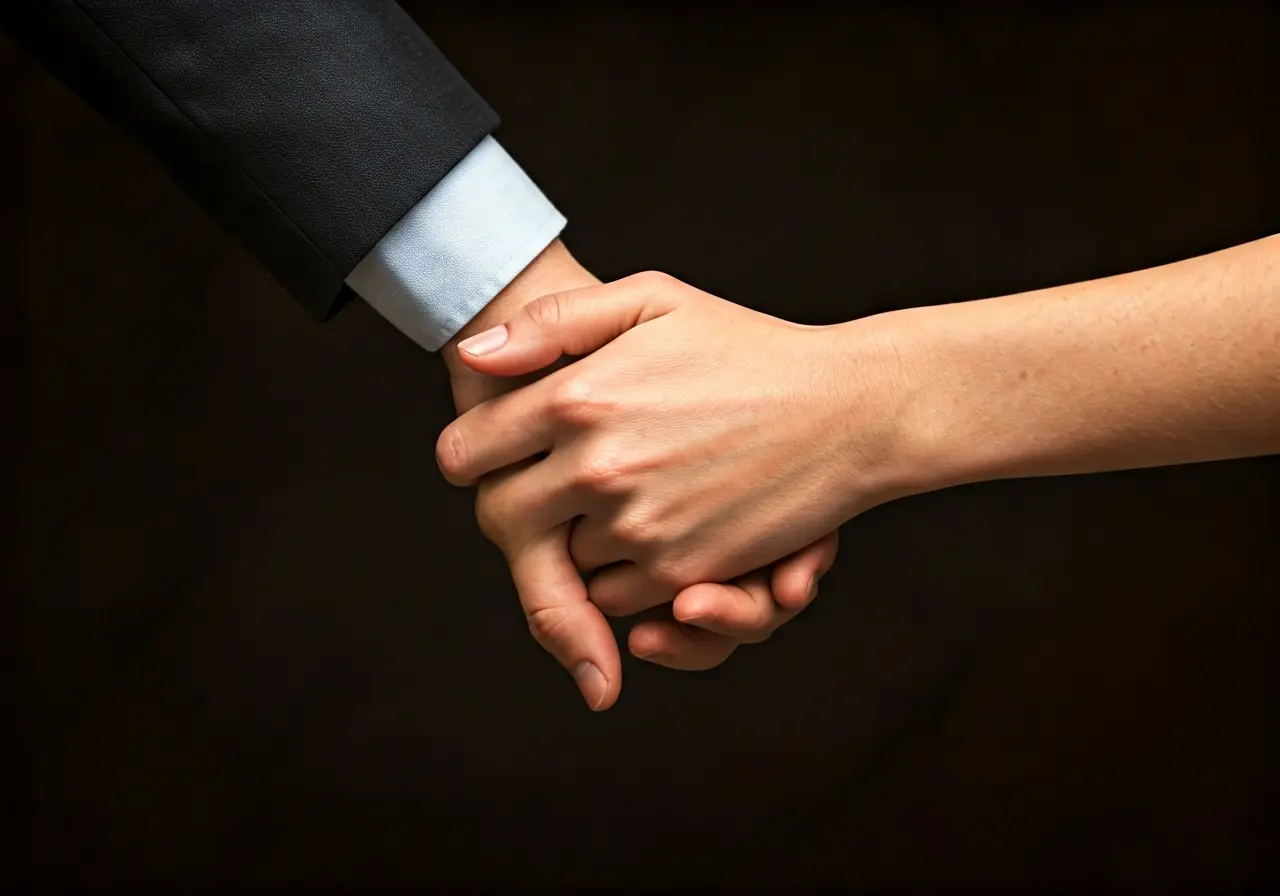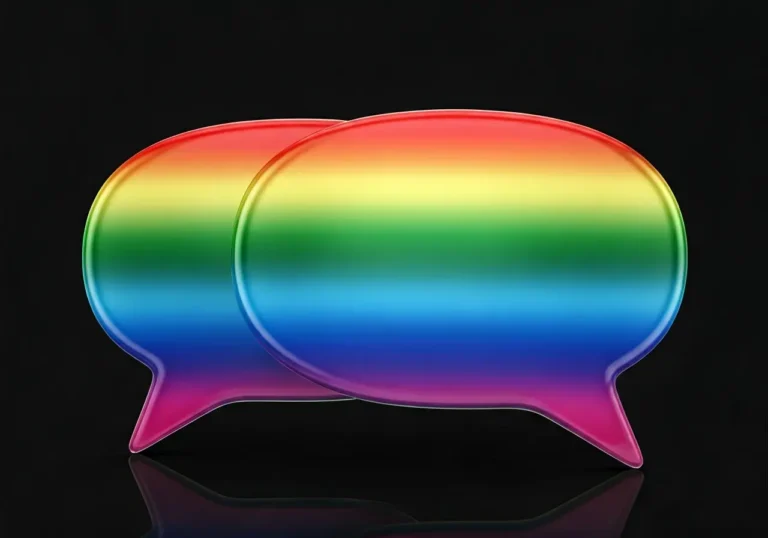In today’s fast-paced world, effective communication skills are more important than ever, especially when it comes to mental health. Whether it’s breaking down complex emotions or simply expressing needs clearly, communication plays a pivotal role. In this blog, we will explore how honing these skills can significantly enhance mental well-being and strengthen the bonds we form with others.
Understanding the Basics of Communication Skills
Communication is more than just the words we use; it’s an intricate dance of verbal and non-verbal signals. From body language to tone of voice, each element contributes to the message we convey. Understanding these basics is the first step in improving our ability to connect with others.
It’s fascinating to note that communication is 55% body language, 38% tone of voice, and only 7% the actual words spoken. This highlights just how crucial it is to practice controlling not just what we say, but how we present it. Since non-verbal cues often speak louder than verbal communication, awareness of these aspects can vastly improve how messages are received and interpreted.
The Link Between Communication and Mental Health
Good communication skills are directly linked to positive mental health outcomes. When we communicate effectively, we can better express our emotions and understand the emotions of others, which reduces feelings of isolation and helps build trust.
When individuals are equipped with effective communication abilities, they are more likely to express their internal worries and fears. This expression can prevent the build-up of stress and anxiety, leading to a more balanced mental state. Communication bridges the gap between internal thoughts and external expression, fostering a sense of connection with others.
Studies have shown that effective communication is a key component in successful relationships and mental health stability. By fostering open dialogues, individuals create environments where more positive interactions and emotional support can thrive, reducing the likelihood of feelings of loneliness and detachment.
Common Barriers to Effective Communication
Identifying barriers such as cultural differences, fear of judgment, and emotional blocks is crucial. By recognizing these obstacles, we can work on overcoming them to improve our ability to convey our thoughts and feelings accurately.
Cultural differences can create a chasm in communication, leading to misunderstandings. What is considered polite in one culture might seem offensive in another. To bridge this cultural divide, it is important to approach interactions with an open mind and a willingness to learn, which can help in navigating diverse conversations.
Fear of judgment often stifles authentic communication. Many people hesitate to open up because they dread negative reactions or being misunderstood. Creating a supportive environment where individuals feel safe to share their thoughts can eradicate this barrier, encouraging more open and honest exchanges.
Emotional blocks can arise from past experiences, hindering our ability to express ourselves freely. Addressing and working through these emotional barriers can pave the way for healthier communication dynamics. It’s crucial to recognize these internal blocks and strive to overcome them for better mental wellness.
Strategies to Enhance Communication Skills
Active listening, empathy, and clarity are key strategies in enhancing communication. Practicing these skills can lead to more productive conversations and better relationships.
One powerful strategy is practicing active listening. This means giving your full attention to the speaker, acknowledging their message, and responding thoughtfully. Active listening validates the speaker’s feelings and fosters a stronger connection, making communication more effective.
Empathy plays a pivotal role in communication. By putting ourselves in someone else’s shoes, we can gain a better understanding of their perspective, enabling us to respond more compassionately and constructively. Empathy can transform a conversation, turning what might have been a disagreement into an opportunity for collaboration and understanding.
To communicate effectively, clarity is essential. Being direct, using simple language, and avoiding jargon can prevent misunderstandings. Practicing clear communication by stating your needs and intentions unequivocally helps in reducing confusion and enhances the effectiveness of the exchange.
The Role of Communication in Therapy and Counseling
In therapeutic settings, effective communication is vital. It allows therapists to understand their clients’ needs and helps clients articulate their experiences and emotions, facilitating healing and growth.
Therapists use refined communication techniques to create a safe space for clients, fostering trust and openness. By doing so, they enable clients to delve deeper into their emotions and thoughts, aiding in the therapeutic process. This open communication is the backbone of effective counseling and profound emotional healing.
Communication within therapy does not only involve talking but also understanding silence, emotions, and non-verbal cues from clients. Therapists are trained to interpret these signals, working with clients to uncover underlying issues and develop strategies for healing. This skillful navigation of communication can profoundly impact the effectiveness of therapy.
Embrace the Power of Communication for Better Mental Health
By cultivating strong communication skills, we lay the groundwork for healthier mental states and deeper connections with those around us. Remember, it’s a journey of understanding not only ourselves but also the unique perspectives of others. Let’s strive to make every conversation meaningful and every interaction purposeful.





